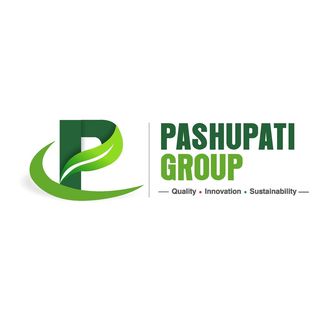Plastics recycling is an essential process in addressing global environmental challenges. The process typically involves collecting, sorting, cleaning, and reprocessing waste plastics into reusable materials. Here’s a breakdown of its benefits:
1. Reduces Plastic Waste
Recycling significantly reduces the amount of plastic waste that ends up in landfills or oceans, protecting ecosystems and wildlife.
2. Conserves Resources
By reusing existing plastics, recycling reduces the need for virgin plastic production, which saves petroleum and other raw materials.
3. Lowers Energy Consumption
The recycling process consumes less energy compared to manufacturing new plastic from raw materials, reducing greenhouse gas emissions.
4. Reduces Carbon Footprint
Less energy consumption leads to lower carbon dioxide emissions, helping combat climate change.
5. Supports a Circular Economy
Recycling plastic promotes a circular economy by transforming waste into valuable resources that can be reused, reducing the overall environmental impact.
6. Economic Benefits
Plastics recycling creates jobs in collection, sorting, and processing industries while reducing disposal costs for municipalities and businesses.
7. Boosts Brand Sustainability
For companies, using recycled plastics enhances corporate social responsibility (CSR) and appeals to environmentally conscious consumers, boosting brand reputation.
Conclusion
The complete plastics recycling process not only helps reduce environmental pollution but also conserves resources, saves energy, and supports sustainable development. By understanding and supporting the recycling process, industries and individuals can make a positive impact on the planet.

Leave a Reply
You must be logged in to post a comment.